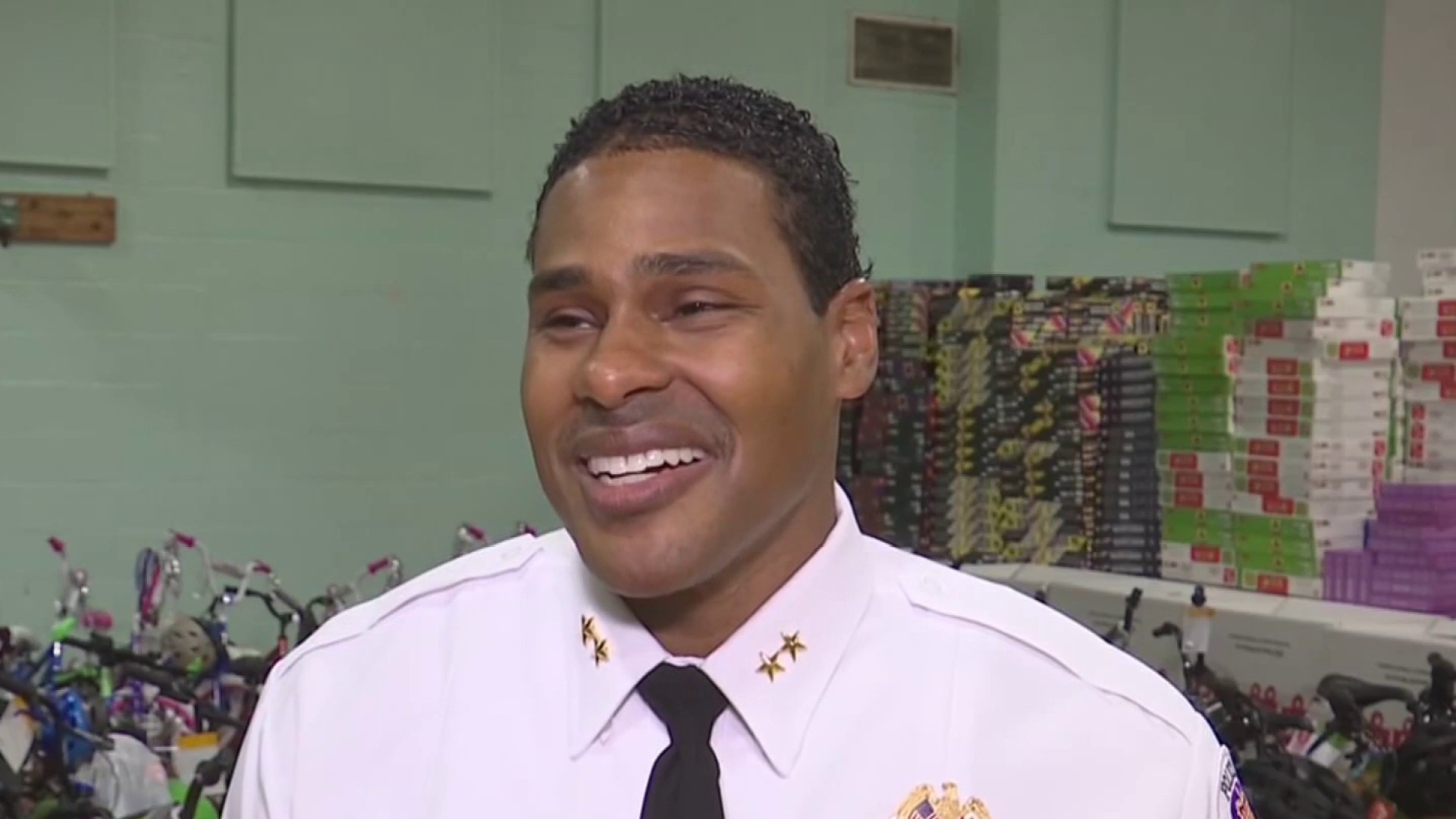What to Know
- More than one billion people throughout South Asia and the diaspora will celebrate Diwali this week.
- This year, the primary holiday will take place on Thursday, Oct. 31.
- A celebration of good over evil, it is observed across faiths over five days with gatherings for prayer, feasts and fireworks displays.
Diwali, the festival of lights, is one of the most popular holidays in India, and for Hindus in particular.
A celebration of good over evil, it is observed across faiths over five days with gatherings for prayer, feasts and fireworks displays.
The holiday takes its name from the word "deepavali," Sanskrit for a row of lamps. It may have originated with harvest festivals that date back more than 2,500 years.
We've got the news you need to know to start your day. Sign up for the First & 4Most morning newsletter — delivered to your inbox daily. >Sign up here.
This year, the main holiday is on Sunday but celebrations begin days earlier. More than one billion people will observe Diwali throughout South Asia and the Indian diaspora.
Here are five things to know about Diwali:
What does Diwali celebrate?
Holidays
From gift guides to local events, we're here to help you celebrate in style.
The festival marks the triumph of good over evil, knowledge over ignorance, light over darkness and new beginnings associated with the Hindu New Year.
It is celebrated during the Hindu month of Kartik, which typically falls between the middle of October and the middle of November.
For Diwali — which coincides with the new moon, the darkest night of the lunar cycle — candles and clay lamps called diyas are lighted throughout homes and streets.
Other particulars may vary depending on where the holiday is being celebrated, but all of the celebrations share lights, fireworks, feasting, new clothes and praying.

Who celebrates Diwali?
The holiday, which has become both religious and secular, is celebrated by Hindus, Sikhs, Jains and some Buddhists.
In North India, it draws from the Ramayana, with Rama’s people lighting diyas to guide him, his wife Sita, and brother Lakshmana on a triumphant journey home after 14 years in exile. Many people dedicate the holiday to special prayers to Lakshmi, the goddess of prosperity, in the hopes that she will bless them.
In South India, it honors another story of exile from the epic Mahabharata, the victory of Lord Krishna’s destruction of the demon Naraka who is said to have imprisoned women and tormented his subjects. Here, many have an early morning bath with warm oil to symbolize bathing in the holy River Ganges as a form of physical and spiritual purification.
Gambling is a popular tradition because of the belief that whoever gambled on Diwali night would prosper throughout the year.
And in Singapore, in the lead-up to Diwali, a silver chariot with the goddess Sri Drowpathai Amman is towed through the streets from the Sri Marjamman Temple, which also hosts Theemithi, a ritual in which men walk on burning charcoal.

How is Diwali celebrated?
This year, the main holiday falls on Thursday, Oct. 31, but there are five days of festivities overall.
The first day, Dhanteras, is often a day for preparation when people clean their homes or make decorations.
Day two, Naraka Chaturdasi, is for decorating homes with lamps and marks the demon Narakasur's slaying.
On the third day, Lakshmi Puja, families gather to celebrate the goddess Lakshmi with prayers, feasts, and fireworks.
Friends and relatives visit on the fourth day, Govardhan Puja, with gifts.
On the fifth day, Bhai Dooj, brothers visit their married sisters.
How do you decorate for Diwali?
Elaborate decorations called rangoli are often drawn on the floor of homes in India to welcome gods and goddesses and to ward off evil spirits.
Made from chalk and powders, or even turmeric, rice, flour or lentils, they can be geometric or of religious and floral designs. The word comes from the Sanskrit rangavalli or "rows of colors."

In what other ways do you celebrate Diwali?
The holiday is also a time to buy new clothes, gold and jewelry, and kitchenware. Sales during the holiday are common.
How do you greet someone on Diwali?
Here are some suggestions on how to greet someone celebrating during Diwali:
- "Wishing you and your family a joyous and prosperous Diwali."
- "May this festival of lights bring happiness and prosperity to your home."
- "May the glow of the diyas illuminate your life with happiness and success."
- "Sending you warm wishes for a sparkling and joyous Diwali celebration."
- "Wishing you a festival filled with laughter, lights and love."
- "May the divine light of Diwali spread peace, prosperity and good health."
- "May Lord Ganesha and Goddess Lakshmi shower their blessings upon you."

How is Diwali celebrated in other faiths?
Buddhists, Jains and Sikhs have their own Diwali stories.
Jains observe Diwali as the day the Lord Mahavira, the last of the great teachers, who attained nirvana -- the state of liberation from the cycle of birth, death and rebirth.
Sikhs celebrate Bandi Chhor Divas — a day that overlaps with Diwali — to commemorate the release of Guru Hargobind, a revered figure in the faith, who was imprisoned for 12 years by the Mughal emperor Jahangir in the 1600s.
Buddhists observe the day as one when the Hindu Emperor Ashoka, who ruled in the third century B.C., converted to Buddhism.
The Associated Press contributed to this article.



